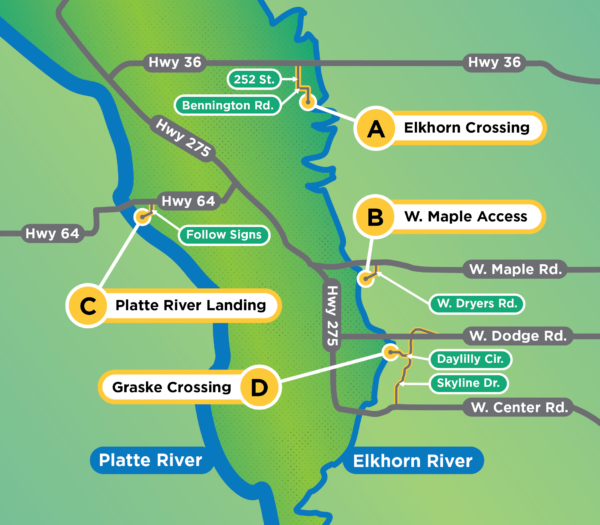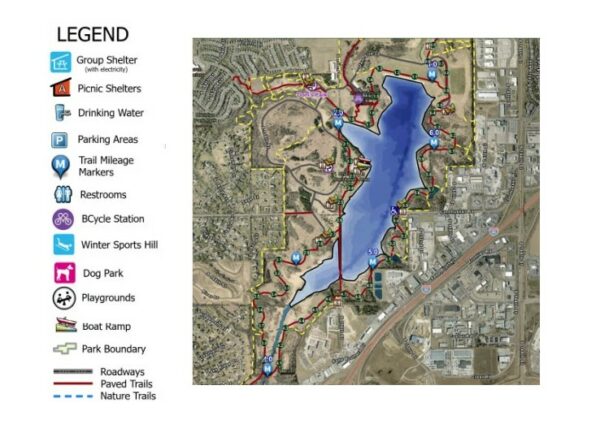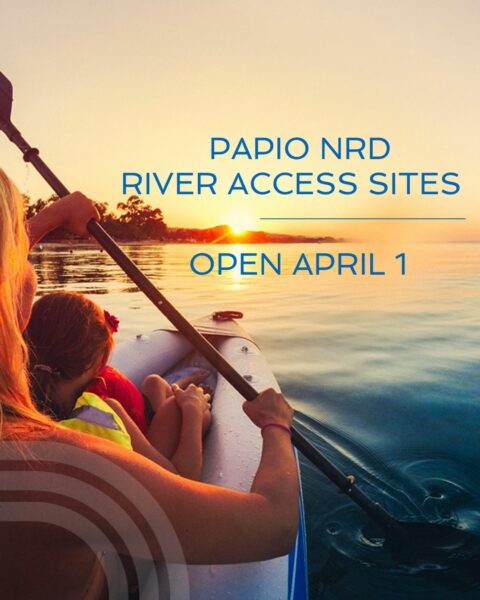Notice of Explanation of Proposed Activity in a Floodplain
To: All Interested Agencies, Groups, and Individuals
This is to give notices that the Papio-Missouri River Natural Resources District (Papio NRD) has conducted an evaluation as required by Executive Order (11988 and 11990) in accordance with HUD regulations at 24 CFR 55.20 Subpart C Procedures for Making Determinations on Floodplain Management and Wetlands Protection. The activity is funded under the Community Development Block Grant administered by the Nebraska Department of Economic Development Public Works Program.
The Papio NRD is preparing to implement a project that involves the removal of rock and sand sediment from the Platte River near the Union Pacific and Burlington Northern Santa Fe Railroad bridges, and on both sides of the Highway 75 and Highway 34 river crossing. The purpose of the project is to restore channel flood capacity. During the 2019 flood event, rock was deposited in the river near the railroad bridges which has resulted in the accumulation of sediment and formation of a sandbar which reduces the capacity of the channel and increases flood risk upstream.
Project activities include removal of buried rock between the two railroad bridges and to the east of the bridges, removal of sand that has accumulated downstream east of the bridges, transportation of the rock to the nearby SID 101 property, deposition of sand sediment in a nearby former NDOT borrow pit, construction and removal of a temporary rock causeway, and clearing and grubbing as necessary for site access.
Project impacts may include temporary road closures, heavy equipment traffic, noise, and dust. Project activities will take place during normal business hours. Total project costs are estimated at $7,945,370, including $100,000 for general administration and $250,000 for construction management. Funding sources include a Community Development Block Grant (CDBG) for $7,150,830 and a match from the Papio NRD of $794,540.
The project will benefit all communities upstream from the current obstruction. Construction will be completed within 4 months of commencement. No persons or businesses will be displaced because of the project activities.
The Papio NRD considered the following four alternatives:
1. No Action Alternative
2. Removing more rock/sediment than was placed by the railroad/has accumulated
3. Removing less rock/sediment than was placed by the railroad/has accumulated
4. Utilizing different construction methods – using equipment below the ordinary high-water mark (OHWM)
The Papio NRD has determined that it has no practicable alternative other than locating the proposed Community Development Block Grant project in a floodplain.
The following mitigation measures will be taken to minimize adverse impacts and to restore and preserve natural and beneficial values:
1. Only the amount of rock deposited during the 2019 event and the sand that has accumulated as a result will be removed as part of this project. Removal of this sand, rock, and accumulated debris will restore channel flood capacity and prevent future flood events from impacting areas upstream. Removal of the rock will alleviate future accumulation of sediment and debris.
2. Erosion prevention measures will be used during construction.
3. Specific timelines will be followed to avoid impacts to threatened or endangered species.
4. Vegetation will be reseeded after construction.
The Papio NRD is both the local sponsor of this project and the local permitting agency for floodplain protection. Therefore, they will ensure all applicable floodplain regulations are met.
This activity will have no significant impact on the environment for the following reasons:
Removal of the deposited rock and accumulated sand and sediment will restore channel flood capacity.
Environmental files that document compliance with steps 3 through 6 of Executive Order 11988 and 11990 are available for public inspection, review, and copying upon request at the times and location delineated in the last paragraph of this notice for receipt of comments.
There are three primary purposes for this notice. First, people who may be affected by activities in floodplains and those who have an interest in the protection of the natural environment should be given an opportunity to express their concerns and provide information about these areas. Second, an adequate public notice program can be an important public educational tool. The dissemination of information and request for public comment about floodplains can facilitate and enhance Federal efforts to reduce the risks and impacts associated with the occupancy and modification of these special areas. Third, as a matter of fairness, when the Federal government determines it will participate in actions taking place in floodplains, it must inform those who may be put at greater or continued risk.
Written comments must be received at the following address on or before June 12, 2024: Janel Kaufman, Houston Engineering, 12702 Westport Parkway Suite 300, La Vista, NE 68138. Janel can be reached via telephone at 402-614-3317. Comments may also be submitted and additional information can be requested via email at jkaufman@houstoneng.com.
A full description of the project may also be reviewed Monday through Friday from 9:00am to 4:00pm at the above address.



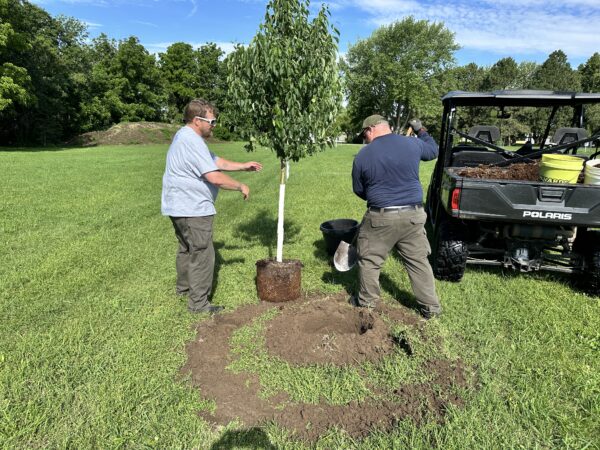
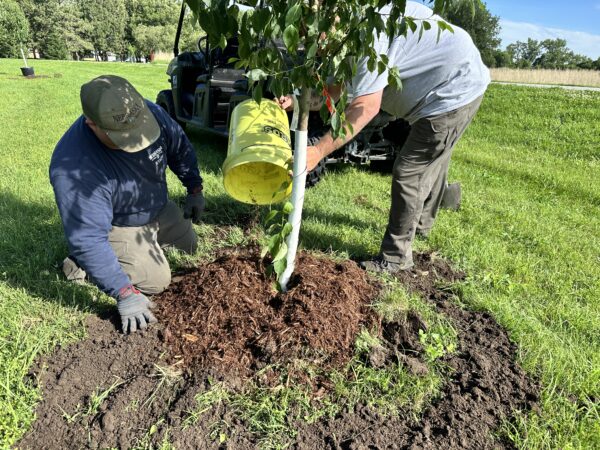

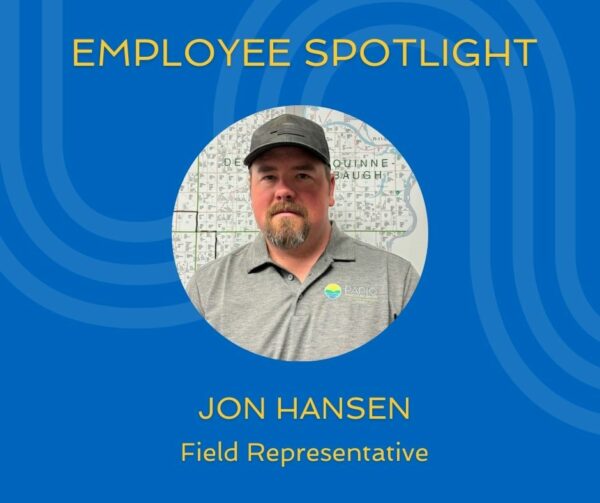
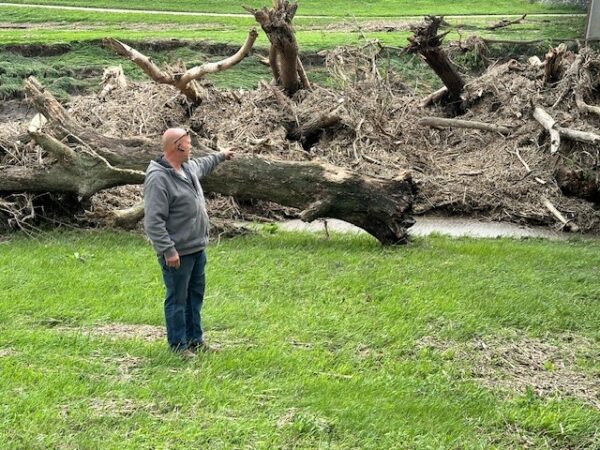
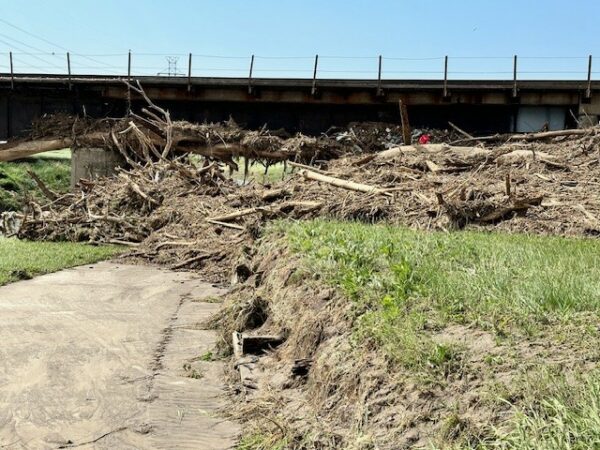
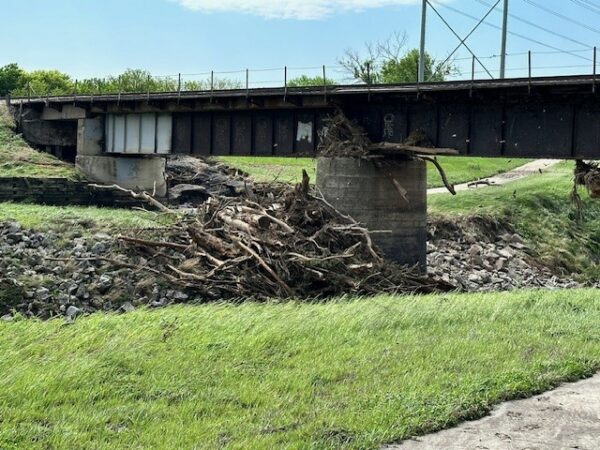
 Items Accepted
Items Accepted